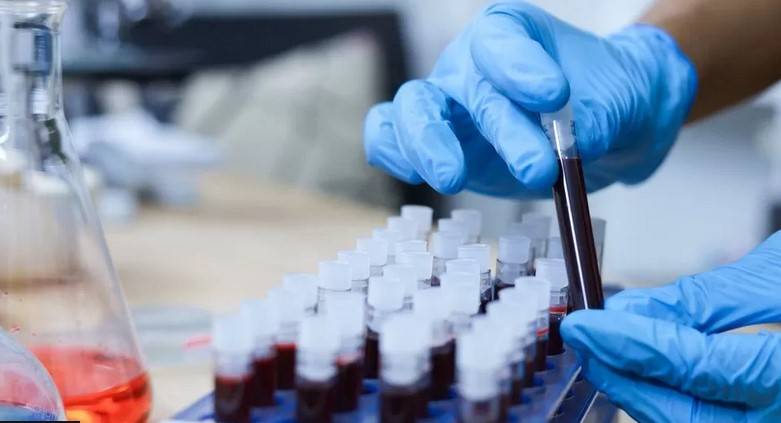In a significant breakthrough for cancer treatment, researchers at City of Hope Hospital in Los Angeles have developed a revolutionary drug that promises to destroy solid tumors without harming healthy cells. The drug, AOH1996, could offer new hope to millions of cancer patients by targeting a specific protein linked to tumor growth.
The key to AOH1996’s success is its ability to target a protein called proliferating cell nuclear antigen (PCNA), which is essential for tumor growth. For years, scientists thought this protein was impossible to target with drugs, labeling it “undruggable.” But after two decades of intensive research, AOH1996 has proven effective in the lab, working against 70 different cancer types, including breast, brain, lung, and ovarian cancers.
Unlike traditional cancer treatments like chemotherapy, which can harm healthy cells, AOH1996 focuses only on cancer cells. This selective approach could lead to fewer side effects for patients. The drug is currently in a Phase 1 clinical trial to test its safety and effectiveness in humans, offering a glimmer of hope for more personalized and targeted cancer treatments.
AOH1996 is named in honor of Anna Olivia Healy, a young girl who sadly lost her life to childhood cancer in 2005. Her memory lives on through this promising new treatment, which could save countless lives in the future.
Dr. Linda Malkas, the lead scientist on the project, explained that PCNA in cancer cells behaves differently than in healthy cells. AOH1996 blocks the cancerous form of PCNA, stopping tumor growth. Dr. Malkas compared the drug’s action to a snowstorm shutting down an airport, but only for planes carrying cancer cells. This unique mechanism allows the drug to work effectively on its own or in combination with other treatments, without causing harmful side effects.
The research team, including Dr. Long Gu, is now exploring how the drug can be combined with other therapies to enhance its effects. They are also investigating the potential for more personalized cancer treatments based on targeting specific proteins like PCNA. While there is still a long way to go, the success of AOH1996 offers a new path forward for treating cancer more effectively.
AOH1996 marks a major advancement in the fight against cancer. With further testing and development, it could change the way we treat this devastating disease, offering hope to patients and their families worldwide. By focusing on targeted, personalized treatments, the future of cancer care looks brighter than ever.







